|
||||||
|
||||||
|
||||||
|
||||||
|
||||||
|
||||||
|
||||||
|
||||||
Nigerian Spam » History of 419 Scam
History Of 419 Scam

The 419 scam was originated during 1990s as the oil-based economy of
Nigeria went downward. Several unemployed university students
first used this 419 scam as a way of manipulating business
visitors interested in shady deals in the Nigerian oil sector
before aiming greedy businessmen in the west, and then later
the wider population. Early alternates were often sent via
letter, fax, or throu gh Telex.
The spread of email and very easy access to email-harvesting
software made the cost lower of sending scam letters through
the internet extremely cheap. While various figures have
violently claimed, which the 419 scam employs as many as
250,000 people in the Nigeria, in reality it has regularly
been linked only to small organized gangs often working
in concert with western cities and in Nigeria. In recent
years, the 419 scam has urged imitations in a variety of
trouble spots in Africa and in Eastern Europe.
In fact the advance fee fraud (419 scam) is a very old Nigerian scam than that, dating back to 1588 where letters were written stating to be from a prisoner trapped in a Spanish castle. The fictitious prisoner would further promise to share a treasure with a person who will send them money to bribe their guards.
In fact the advance fee fraud (419 scam) is a very old Nigerian scam than that, dating back to 1588 where letters were written stating to be from a prisoner trapped in a Spanish castle. The fictitious prisoner would further promise to share a treasure with a person who will send them money to bribe their guards.
The number "419" indicates to the article of the
Nigerian Criminal Code(part of Chapter 38: "Obtaining Property by
fake pretences; Cheating") dealing with fraud. The American Dialect
Society has traced the term "419 Scam" back to 1992.
Variants
There are many variations on the most frequent scam419,
and also many differences on the way the scam works. The following are famous
variations from the standard Nigerian Letter scam, but still retain
the core elements; the victim is mislead by some excessively large gain into
sending an advance payment, which once made is lost.
Check cashing
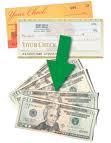
Some schemes are based exclusively on cheat the victim
into cashing a fake check. The scammer contacts the victim to interest them
in a "work-at-home" chance, or asks them to cash a check or money order that
for some motive cannot be redeemed locally.
A difference of the check-cashing system involves owners of vacation rentals. The scammer conveys interest in renting the unit for a much higher than normal rate, typically for an upcoming honeymoon, business trip, etc.
A difference of the check-cashing system involves owners of vacation rentals. The scammer conveys interest in renting the unit for a much higher than normal rate, typically for an upcoming honeymoon, business trip, etc.
Lottery scam
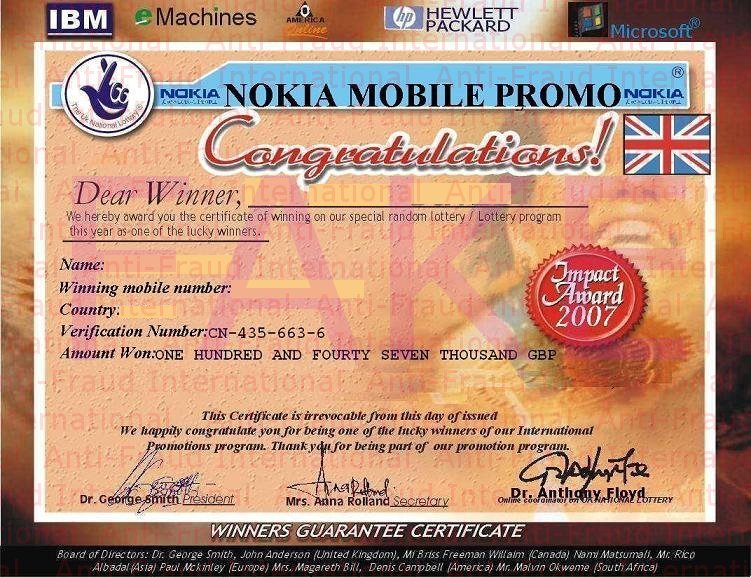
The lottery scam entails fake notices of lottery wins.
The winner is typically asked to send sensitive information to a free e-mail account.
The scammer then informs the victim that releasing the funds requires some small fee
(insurance, registration, or shipping). Once the victim sends the fee,
the scammer invents another fee.
Hitman
An e-mail is sent to the victim's inbox, allegedly from a
hitman who has been appointed by a "close friend" of the beneficiary to kill him
or her but will call off the hit in exchange for a large sum of money. This is frequently
backed up with a warning not to contact the local police or FBI, or the "hitman"
will be forced to go through with the plan.
Bomb scams
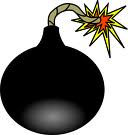
It is related to the hitman scam, the scammer contacts a
business, mall, office building, or other profitable location with a bomb threat.
The scammer says they will explode the bomb unless the management of the business
does as the scammer tells them. Often, the scammer says they have the store under
observation; however, analysis of the calls by police has recognized that the vast
mass of threat calls are made from other states or even from outside the country.
Financial loss estimates
Estimates of the total losses due to the scam vary extensively.
The Snopes website lists the following estimate:
"The Nigerian scam is hugely successful. According to a 1997 newspaper article: "We have confirmed losses just in the United States of over $100 million in the last 15 months," said Special Agent James Caldwell, of the Secret Service financial crimes division. "And that's just the ones we know of. We figure a lot of people don't report them."
"The Nigerian scam is hugely successful. According to a 1997 newspaper article: "We have confirmed losses just in the United States of over $100 million in the last 15 months," said Special Agent James Caldwell, of the Secret Service financial crimes division. "And that's just the ones we know of. We figure a lot of people don't report them."
Physical damage or death
- Some victims have appointed private investigators in Nigeria or have individually travelled to Nigeria, without ever recovering their money. There are cases of victims being unable to handle with the losses and committing suicide.
- In November 2003, Leslie Fountain, a senior technician at Anglia Polytechnic University in England, set himself on fire after falling victim to a scam; Mr. Fountain died of his injuries.
- In 2006 an American living in South Africa hanged himself in Togo after being cheated by a Ghanaian 419 con man.
- In 2007, a Chinese student at the University of Nottingham killed herself after she exposed that she fell for a lottery scam.
- In February 2003, Jirí Pasovský, a 72 year-old scam victim from the Czech Republic, shot and killed 50-year old Michael Lekara Wayd, an official at the Nigerian delegation in Prague, and injured another person, after the Nigerian Consul General explained he could not return $600,000 that Pasovský had lost to a Nigerian scammer
Kidnapping
- Osamai Hitomi, a Japanese businessman was attracted to Johannesburg, South Africa in a 419 scam and kidnapped on 26 September 2008. The kidnappers took him to Alberton, south of Johannesburg and demanded a $5 million ransom from his family. Seven people were arrested.
- On 23 September 2008, a Kenth Sadaaki Suzuki, a Swedish businessman, was attracted to South Africa and kidnapped. He was taken to a house in Rosettenville in Johannesburg and steals of all his belongings. Thereafter a ransom of €20,000 was demanded from his family. Two people were arrested. They are also associated to the kidnappings of three American citizens and perhaps other similar cases.
- On 2 June 1996 in Lomé, Togo, 419ing kidnappers held a Swedish businessman for $500,000. Swedish police and the kidnappers discussed before the kidnappers released the man on 12 June 1996.
Murder
- 29-year old George Makronalli, a Greek man, was murdered in South Africa in December 2004 after his family rejected to pay a ransom.
- Kjetil Moe, a Norwegian businessman, was reported missing and finally killed after a trade with Nigerian scammers in Johannesburg, South Africa (September 1999).
- One American was murdered in Nigeria in June 1995 after being lured by a 419 scam. From 1994 to April 1997, 419 scammers murdered 15 people in total.
Emotional hurt
Victims, in addition to having lost large sums of money,
frequently also lose their capacity to trust.
The difficult problem is the public view of scam letters and scam victims. Scam letters are frequently viewed as amusingly moronic, and the people who fall for them equally so. The victim, having lost money through the scammer's handling of payment methods such as money orders or cheques, may become suspicious of the financial system. Scam victims may stop trusting and giving money to churches, legitimate charities and, in the tremendous, even service providers such as their electric company because of their requests for money. Some victims commit suicide.
The difficult problem is the public view of scam letters and scam victims. Scam letters are frequently viewed as amusingly moronic, and the people who fall for them equally so. The victim, having lost money through the scammer's handling of payment methods such as money orders or cheques, may become suspicious of the financial system. Scam victims may stop trusting and giving money to churches, legitimate charities and, in the tremendous, even service providers such as their electric company because of their requests for money. Some victims commit suicide.
Fake Documents
A significant part of the 419-Scam is fake documents.
Scammers used this documents to prove the existence of the millions of
dollars that are waiting, and to validate the fees that come up during the
process.
It includes...
- Death Certificate
- Certificate of Deposit from the bank
- Fake Passports
- ID cards and Drivers License
- Lottery Winning Certificate
Death Certificate
Fake Death certificates are frequently used by
the scammers to confirm the victim that the person death.
The death person's family didn't claim the amount from our bank for
the past 10 years. Then the scam will start...
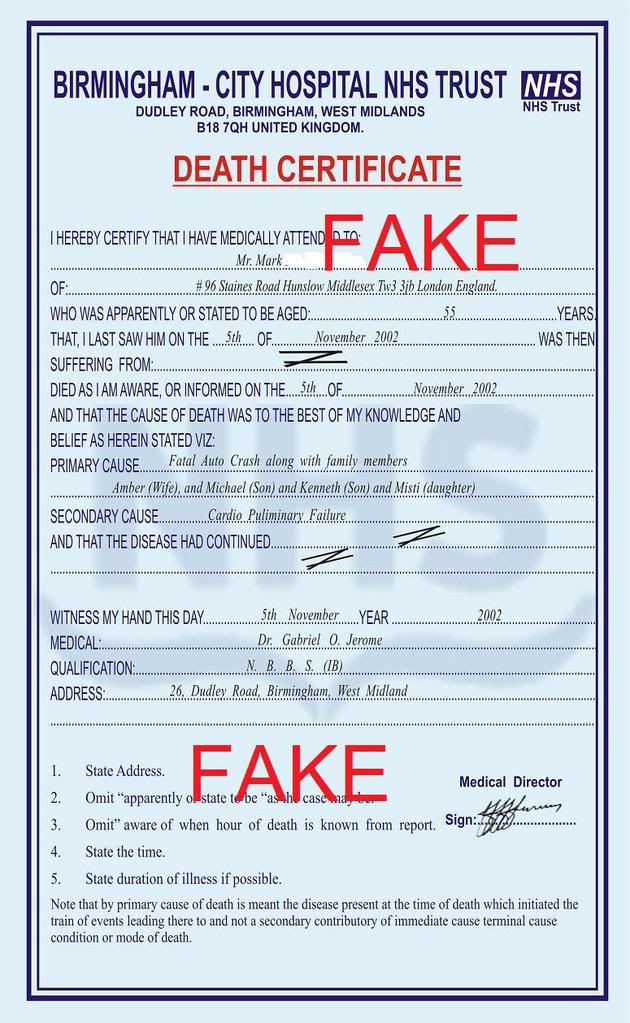
Certificate of Deposit
Certificate of Deposit are key elements in many
advance-fee scams, such as auction/classified listing overpayment,
lottery scams, inheritance scams, etc, and can be used in approximately
any scam when a "payment" to the victim is required to gain, regain
or further freeze the victims' trust and confidence in the validity of the scheme.
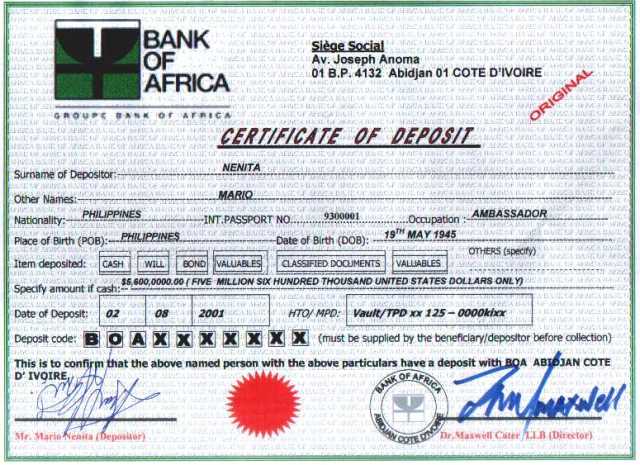
Passports
Passports and other Identifications are used in
Nigerian 419 Scams in West Africa. The purpose is to call the victim to Nigeria .
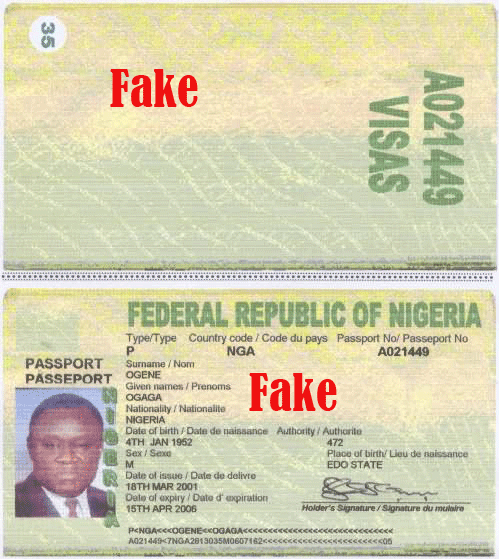

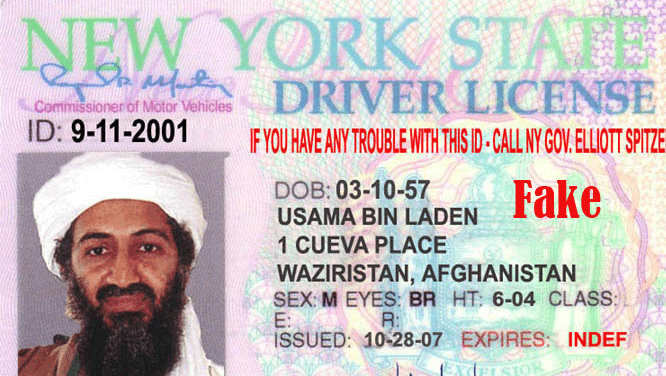
|
||||||
|
||||||
|
||||||
|
||||||
|
||||||
|
||||||
|
|
||||||
Nigerianspam.com is dedicated to all the hardworking people who have been scammed by the spammer or 419 scam frauds. Although our site concentrates on providing awareness of Nigerian 419 spam (scam), scam baiting, advance fee fraud, scam phising, also we deal with other types of fraud such as letter spam, e-mail scam, lottery spam as well. You can go through our scam baiting tips, it is just amazing way to deal with the spammer or scammer.
Nigerian Scam | 419 Scam | Features of Scam | Mission | Research | Mail Archives | About Us | File A Complaint | Spam News | Origin Of Scam | Operation Of Scam | Consequences | Miscellaneous Scams | Scam Sites | FAQ | Contact Us | Scam Resources Links | Nigerian Scammers | Site Map | Mail Archives SiteMap | Scam Glossary | Scam Resources Books | Scam Checker Tool | Scam baiting | More Scam Sites | Scam Awareness Quiz | Celebrity Scam | Search Engine Genie | Bharat Udyog Ratna Award Scam Alert | Jeff Adams Real Estate Seminar | Russ Whitney Real Estate








